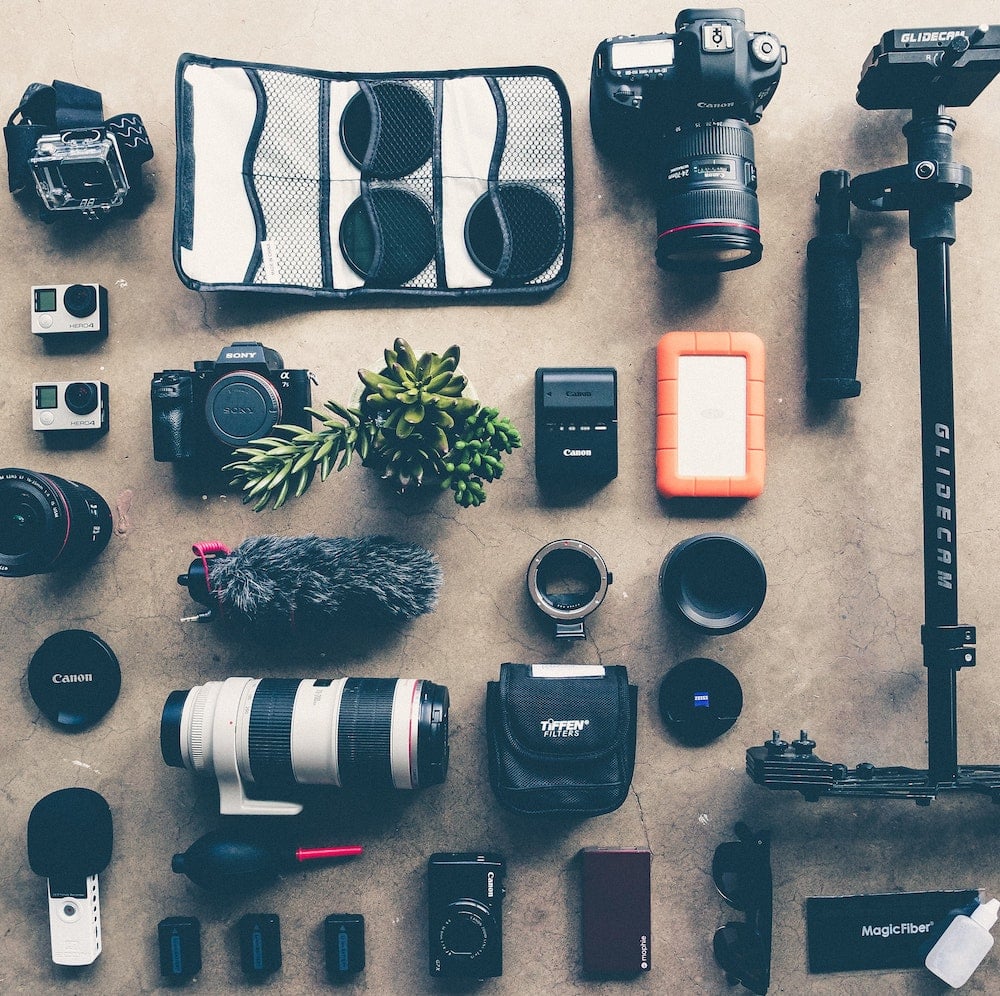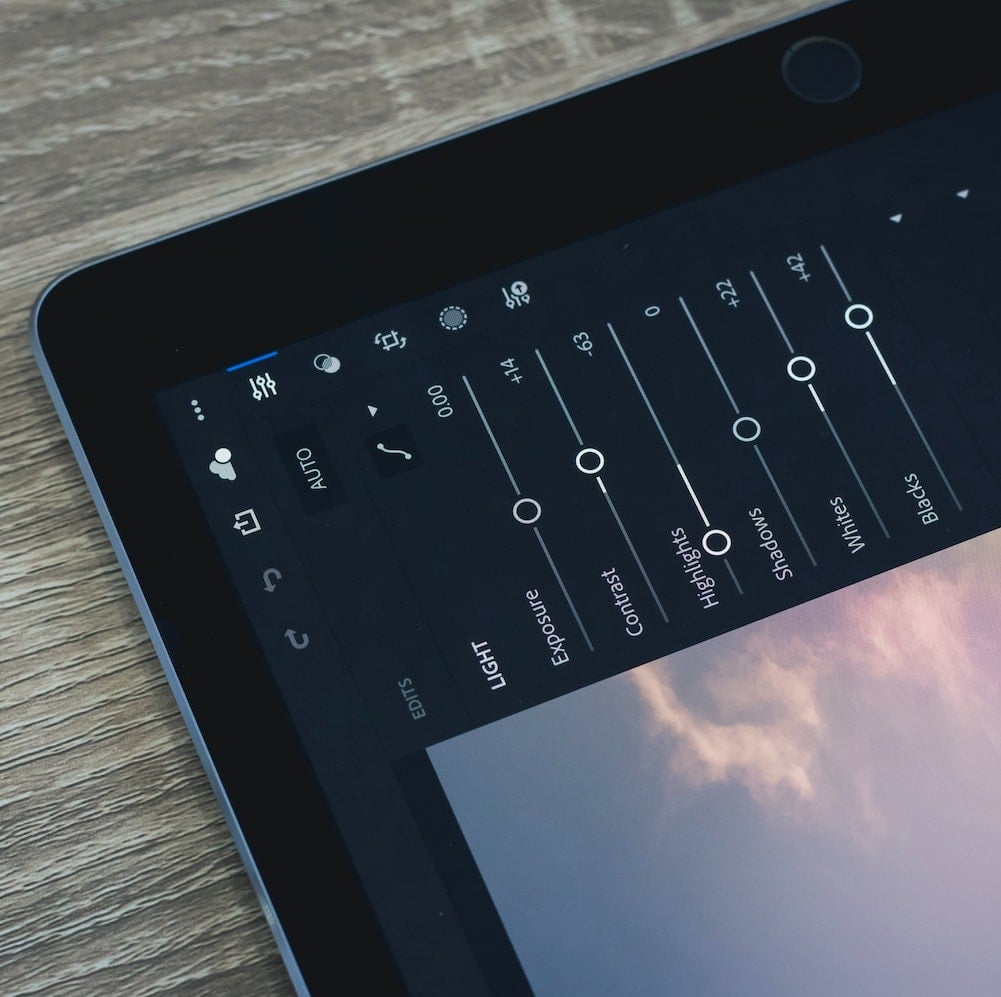IoT for Retail is a great
platform for strengthening communication with customers. With updated knowledge
of their shopping journey, habits preferences, and grievances, retailers can
create customer-centric policies to ease their https://euristiq.com/chatgpt-integration-services/
experience. Traditional models for IoT businesses are more
centered around https://forum.jbonamassa.com/profile.php?id=9920508 selling a
particular IoT solution or a set of services that… There are numerous
IoT-related benefits to the retail industry, but here, we’ll hone in on the
seven most important ways we think IoT will change retail in 2018. The Internet
of Things (IoT) is a key player in the smart retail landscape, as it connects
devices to the internet and provides valuable insights into consumer behavior,
store operations, and inventory management. IoT devices, such as sensors and
beacons, enable retailers to collect real-time data on inventory levels,
customer flow, and store assets, allowing them to make informed decisions and
optimize processes. To set up directory synchronization, use Microsoft Entra
Connect. For instructions, see Set up directory synchronization for Microsoft
365 and Microsoft Entra Connect with express settings. Unfortunately, many
organizations are still confused https://australian-school-holidays.mn.co/members/22062952
when choosing the best infrastructural approach to their business while
factoring in security, cost, and hardware. Todays https://user.linkdata.org/user/polinamey/work
article unpacks the on-premise vs cloud debate to help create a foundation for
any corporate decision-making relating to the two. However, a hybrid solution
is often seen as a temporary option. Studies show companies currently run about
43 percent of their workload in the public cloud. That number is only rising.
Companies with IT departments that are understaffed and overworked find it hard
to ignore the benefits of fully migrating to the cloud Warehouse predictive
maintenance. IoT applications in retail warehouses are not limited to the
monitoring of products. Smart sensors can also control the state of equipment
such as forklifts, ensuring predictive maintenance and reducing or eliminating
downtime. As for the retail https://velog.io/@polinamey/about market, by 2025,
the number of revenues from IoT in retail industry is forecasted to increase to
$35.5 billion. What are the major factors driving such an intense IoT adoption
in the retail industry? These are the following: IoT Retail Analytics aids
employees in making proactive choices and modifying their shopping experience.
Managers may gain a deeper understanding of client journeys by using cameras,
retail sensors, and monitoring technologies along with advanced analytics. For
example, they can see an impatient or perplexed consumer or determine why a
shopping trip was abandoned. IoT retail analytics aid employees in making
proactive choices and modifying their shopping experience.
"Include a testimonial sharing why your students love your content."
- Jane Doe


Example Title
Use this block to showcase testimonials, features, categories, or more. Each column has its own individual text field. You can also leave the text blank to have it display nothing and just showcase an image.

Example Title
Use this block to showcase testimonials, features, categories, or more. Each column has its own individual text field. You can also leave the text blank to have it display nothing and just showcase an image.

Example Title
Use this block to showcase testimonials, features, categories, or more. Each column has its own individual text field. You can also leave the text blank to have it display nothing and just showcase an image.

Hi, I’m [Your Name Here]
Use this block for your bio. Explain to your audience who you are, and why you’re teaching this course.
Example Featured Products
Showcase other available courses, bundles, and coaching products you’re selling with the Featured Products block to provide alternatives to visitors who may not be interested in this specific product.





